News
Adani Group to shell out $300m on 2 solar farms in Australia
Adani Group to shell out $300m on 2 solar farms in Australia
It's part of the company's goal to hit 1,500MW of solar power in Oz.
India's distribution firms to go under financial, operational restructuring
Will the long years of cash losses end soon?
China's new thermal capacity nosedived by almost 50% to 29GW
The government is dead serious about trimming dependence on coal-fired power.
Vietnam votes a final no to building multi-billion dollar nuke plants
Russian and Japanese corporate partners took the blow.
Tidal power developers AIR, OpenHydro tap into Indonesia's potential
Possible capacity is up to 60GW.
Singapore IPP Nexif Energy ups stake in Viet Hydro
Figures have not been disclosed yet, but Viet Hydro eyes using the proceeds to boost shareholding in another project.
India's total installed solar capacity crossed 10GW mark
It is a whopping 137% jump in capacity growth.
Japan's Mihama nuclear reactor gets 20 years operating extension
It will be 60 years old by the time of its retirement in 2036.
Chinese policies expected to support a medium-term thermal coal price of US$73/tonne
This level balances break-even prices among coal mines and coal-fired power plants.
Vietnam slashes 471 small hydro plants in power development plan
It would have had a combined installed capacity of 2,059MW.
Thermal coal prices losing steam as China output rises: Citi
Newcastle coal prices dropped 11% at $101/mt FOB.
Sudden plant outages trigger power interruptions in Manila, Philippines
More than 20% of the power was shaved off the grid.
Indonesia mulls selling power to Malaysia, Thailand, Singapore
It targets to make cash cows out of to-be-completed coal power plants.
Malaysia's Sesco to supply power to West Kalimantan, Indonesia
Sarawak Electricity Supply Company will provide 230MW starting 2017.
Taiwan's first offshore wind power unit to operate early 2017
It will supply power to 8,000 households.
Philippines gives go signal for 2000MW power projects
3 out of 11 approved projects are "traditional pwoer plants".
Japan inks deal to supply India with nuclear equipment, technology
The deal stipulates that Japan's assistance must be for "peaceful purposes" only.

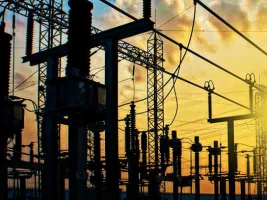
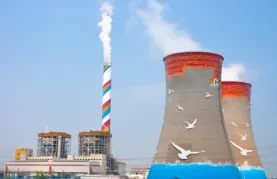



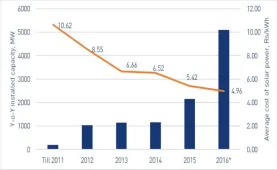
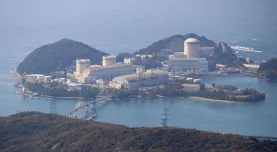
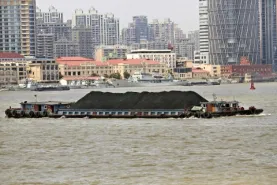



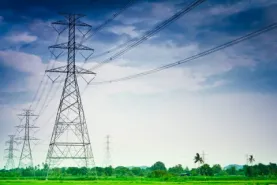





 Advertise
Advertise












